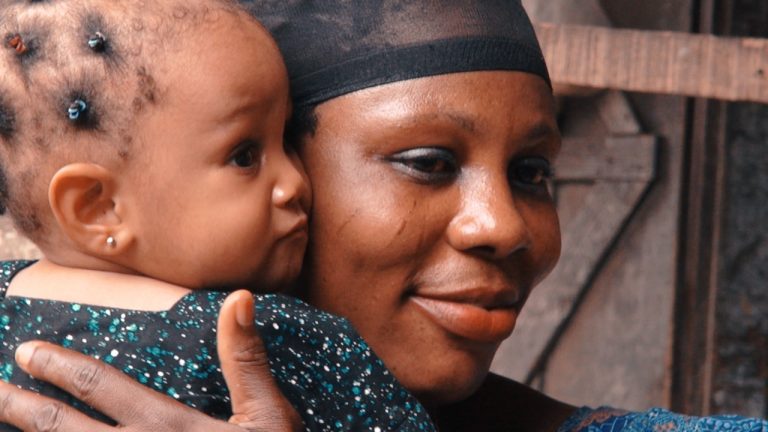About 100,000 women around the world die each year from severe bleeding after childbirth, or post-partum haemorrhage (PPH), – a day of joy and celebration for mothers, and families turned into one of tragedy. PPH is the leading cause of maternal death worldwide, and although 99% of PPH deaths are in low- and middle-income countries, it occurs everywhere, and can lead to major surgery and hysterectomies.
We don’t know exactly why so many women die from PPH, but in lower-income countries bad diet, a lack of access to healthcare or antenatal care, and a range of political issues, are likely factors. We do know that something must be done. Too many children are growing up without mothers. But what? The results of a huge global study published today show there could be a relatively simple solution to help address this major problem.
The WOMAN (World Maternal Antifibrinolytic) Trial recruited 20,000 mothers from 193 hospitals in 21 countries, mainly in Africa and Asia, but also in the UK and elsewhere. It was coordinated by the London School of Hygiene & Tropical Medicine and funded by The Wellcome Trust, UK Department of Health through the Health Innovation Challenge Fund, and the Bill & Melinda Gates Foundation.
Our aim was to find out if an inexpensive and widely available drug called tranexamic acid (TXA) could be an effective treatment for PPH. TXA works by stopping blood clots from breaking down. Our previous research examining the effects of the drug on trauma patients found it reduced death due to bleeding by almost a third if given within three hours. We estimated that it could have saved around 175,000 lives in 2010 if doctors had given them TXA.
In 2012, this led to the World Health Organization recommending TXA to be used in surgery and trauma. These new guidelines also included using TXA to treat PPH, but as a subsequent treatment option if uterotonics (drugs to induce contractions) have failed to control bleeding, or the bleeding is thought to be due to trauma. The evidence has not been strong enough for it to be recommended as a frontline treatment to stop severe bleeding after childbirth, until now.
The WOMAN Trial results, published in The Lancet, showed that TXA could save the lives of one in three mothers who would otherwise bleed to death after childbirth, with death due to bleeding reduced by 31% if the treatment was given within three hours. It also reduced the need for urgent surgery to control bleeding (laparotomy) by more than a third. Crucially, there were no side effects from the drug for either mothers or babies.
 TXA was actually invented in the 1960s by a Japanese husband and wife research team, Shosuke and Utako Okamoto. They hoped it would reduce deaths from post-partum haemorrhage but they couldn’t persuade obstetricians at the time to conduct a trial. Sadly, both Shosuke and Utako died before we had the results of the trial to show how important their invention was for maternal health.
TXA was actually invented in the 1960s by a Japanese husband and wife research team, Shosuke and Utako Okamoto. They hoped it would reduce deaths from post-partum haemorrhage but they couldn’t persuade obstetricians at the time to conduct a trial. Sadly, both Shosuke and Utako died before we had the results of the trial to show how important their invention was for maternal health.
Fifty years later, the WOMAN Trial has proved what the Okamotos believed – TXA could save the lives of mothers around the world, and is safe, affordable and easy to administer. We hope doctors and health officials take on board these exciting results, as timing is crucial.
TXA should now be considered a frontline treatment for PPH, to be used as quickly as possible after the onset of severe bleeding rather than as a last resort.
Ian Roberts, Professor of Clinical Trials at the London School of Hygiene & Tropical Medicine, co-led the WOMAN Trial.
Photo: London School of Hygiene & Tropical Medicine.
Woman Trial video
